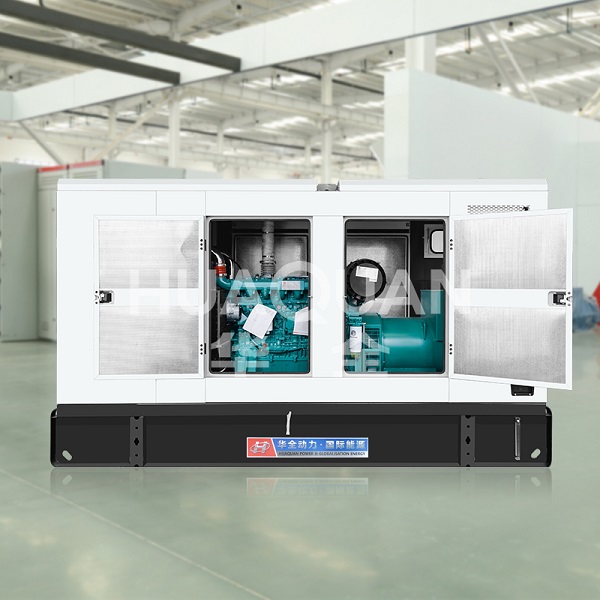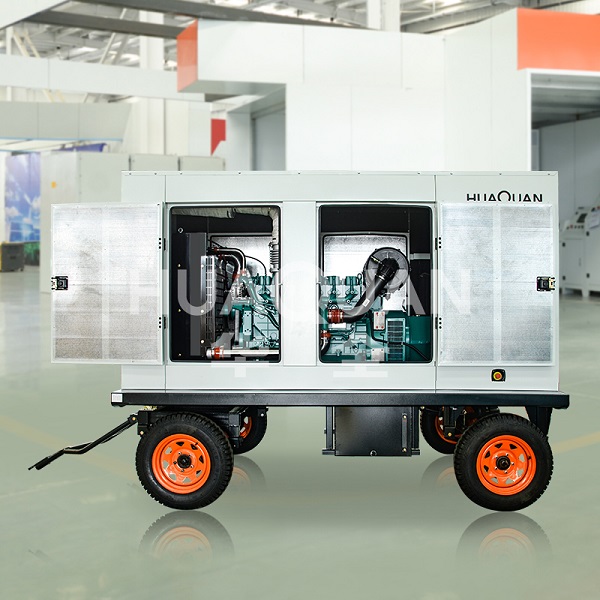2025-09-09Browse Index:
data center backup power is a type of backup power source used to provide continuous electricity during outages of the main power grid, ensuring that critical equipment in the data center operates without interruption. They are an important component of the data center power infrastructure.

1. Regular Maintenance Protocols
data center backup power require scheduled inspections to ensure battery health, fuel quality (for generators), and connection integrity. Implement predictive maintenance with thermal imaging to detect overheating components before failures occur.
2. Load Capacity Management
Avoid overloading data center backup power beyond 80% of rated capacity. Prioritize critical loads through automatic transfer switches (ATS) to extend runtime during outages.
3. Environmental Controls
Maintain stable temperature/humidity in data center backup power rooms. Lithium-ion batteries degrade faster above 25°C, while diesel generators need ventilation to prevent carbon monoxide buildup.
4. Testing & Documentation
Conduct monthly simulated outages to verify data center backup power activation speed. Keep logs of all tests, maintenance, and firmware updates for compliance audits.

5. Staff Training
Train personnel on emergency procedures, including manual override protocols when automated systems fail. Cross-train teams to address both UPS and generator issues.
Establish SLAs with data center backup power suppliers for rapid replacement of aging components. Stock critical spare parts like capacitors and coolant filters on-site.
More information about data center backup power: https://huaquanpower.com/





